
By IAU and Sky & Telescope magazine (Roger Sinnott & Rick Fienberg) [CC-BY-3.0], via Wikimedia Commons
"The Twins"

By IAU and Sky & Telescope magazine (Roger Sinnott & Rick Fienberg) [CC-BY-3.0], via Wikimedia Commons
Abbreviation: Gem
Genitive: Geminorum
Constellation family: Zodiac
Nearest constellations: Auriga, Cancer, Canis Major,
Lynx, Monoceros, Orion, and Taurus
Right ascension: 7.19h
Declination: 22.69°
Visible between latitudes: +90° and -60°
Square degrees: 514
Luminary: Pollux (Beta Geminorum)
Named stars: Castor, Pollux, Alhena, Wasat, Mebsuta, Mekbuda
Notable deep sky objects: M35 (NGC 2168), NGC 2158, Medusa Nebula (Abel 21 and Sharpless 274), NGC 2371, NGC 2392 (Eskimo Nebula)
Gemini is a constellation in the Northern Hemisphere that is visible during February. It is one of the twelve constellations of the Zodiac.
Castor and Pollux, Alpha and Beta Geminorum, are two of the brightest stars in the night sky. Pollux, Capella (from Auriga), Sirius (from Canis Major), Procyon (from Canis Minor), Rigel (from Orion), and Aldebaran (from Taurus) form an asterism called the Winter Circle or Winter Hexagon.
Gemini is the radiant point of the Geminid meteor shower. It occurs annually from December 4-17 and peaks around December 14. Up to 120 meteors per hour can be seen at the shower's peak. Unlike many other meteor showers, the Geminids are not created by a comet—they are actually created by an asteroid called 3200 Phaethon that orbits the Sun every 1.4 years.
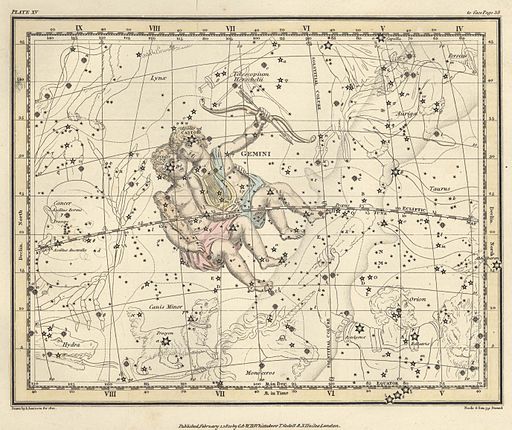
By Alexander Jamieson (United States Naval Observatory Library) [Public domain], via Wikimedia Commons
In Greek mythology, Gemini represents the brothers Castor and Pollux. While they were born at the same time, they are actually half-brothers and not twins. The father of Castor was Tyndareus, King of Sparta, and the father of Pollux was Zeus. Zeus decided to seduce Leda, Queen of Sparta, on her wedding night disguised as a swan (sometimes thought to be represented by the constellation Cygnus), and Castor, Pollux, Clytemnestra, and Helen of Troy hatched from the resulting eggs.
Castor was known for his skill with horses and Pollux was renowned for his physical strength. Both of the brothers were among the Argonauts who helped Jason on his quest for the Golden Fleece (which is connected to Aries).
Pollux was immortal as a son of Zeus, but Castor was not—when Castor died (different sources cite varying causes of his death, from angry relatives to Olympic games), Pollux was grief-stricken by the loss. When he realized how affected Pollux was, Zeus placed both of the brothers in the sky together.
NGC 2371 (planetary nebula):
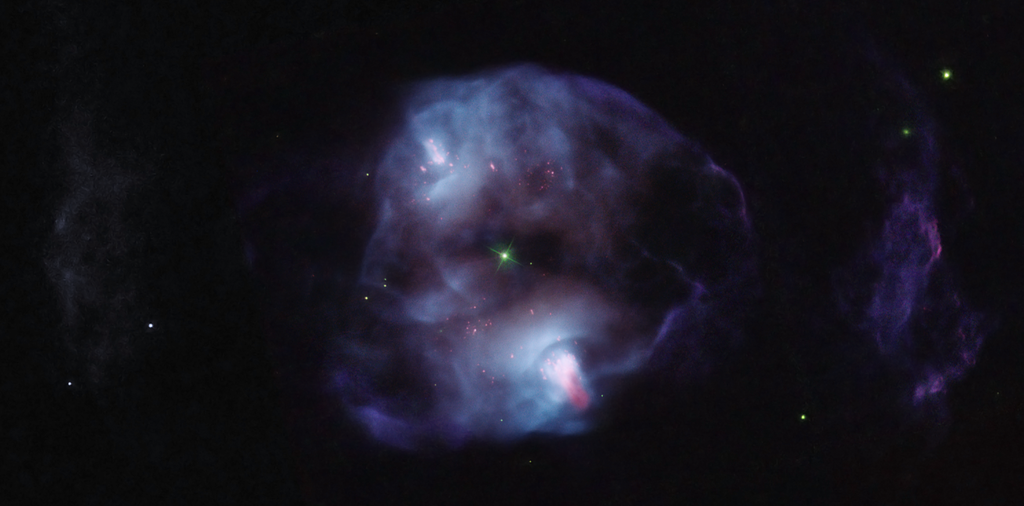
By Judy Schmidt [CC-BY-2.0], via Wikimedia Commons
IC 443 (nebula and supernova remnant):
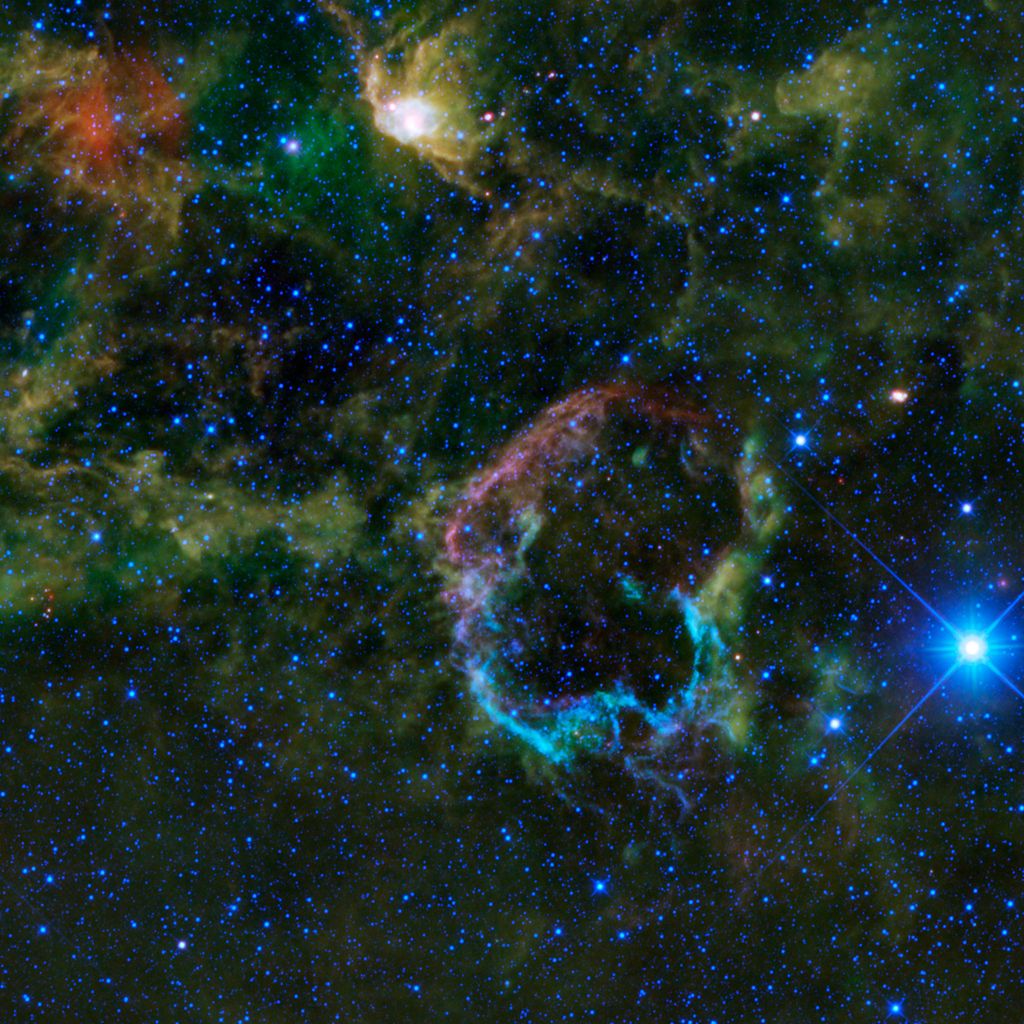
By NASA/JPL-Caltech/WISE Team (WISE) [Public domain], via Wikimedia Commons
NGC 2392 (Eskimo Nebula):
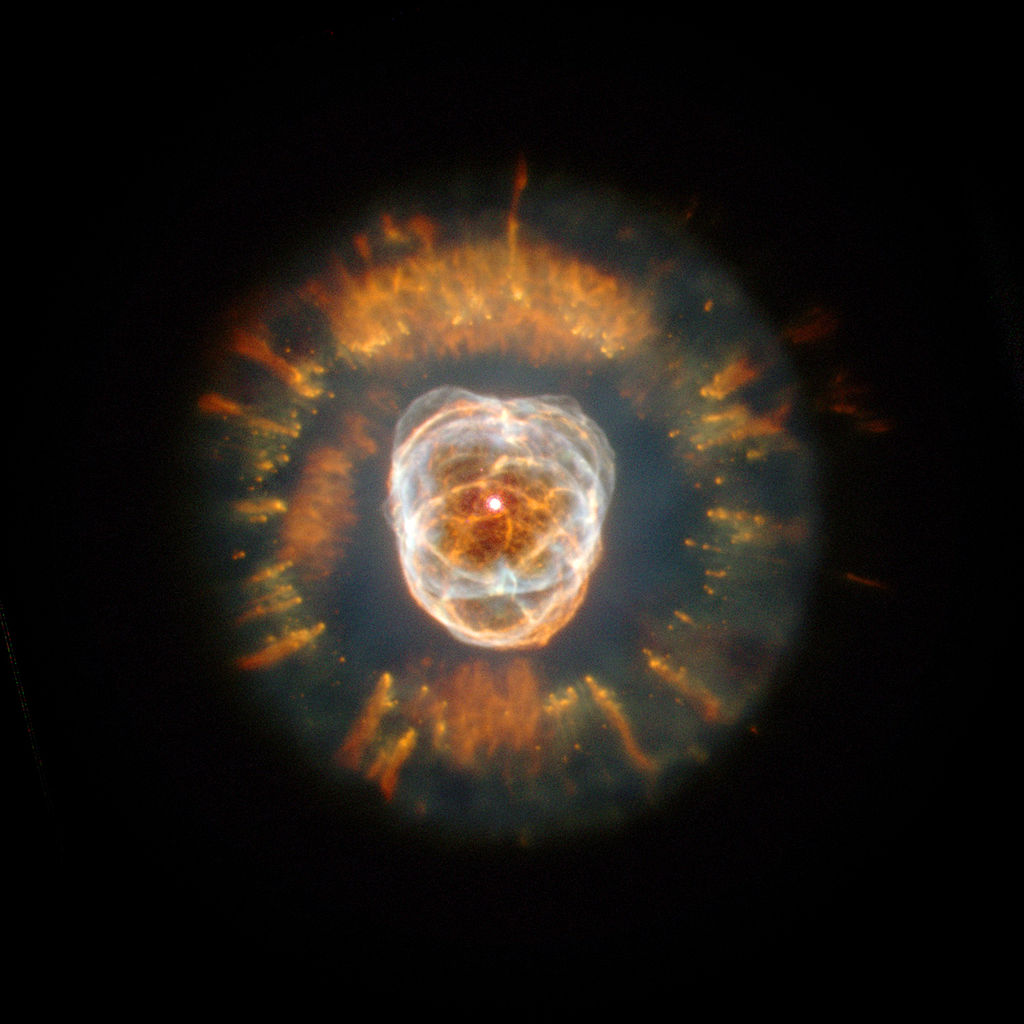
By NASA, ESA, Andrew Fruchter (STScI), and the ERO team (STScI + ST-ECF) [Public domain], via Wikimedia Commons
Medusa Nebula (Abell 21 or Sharpless 274):
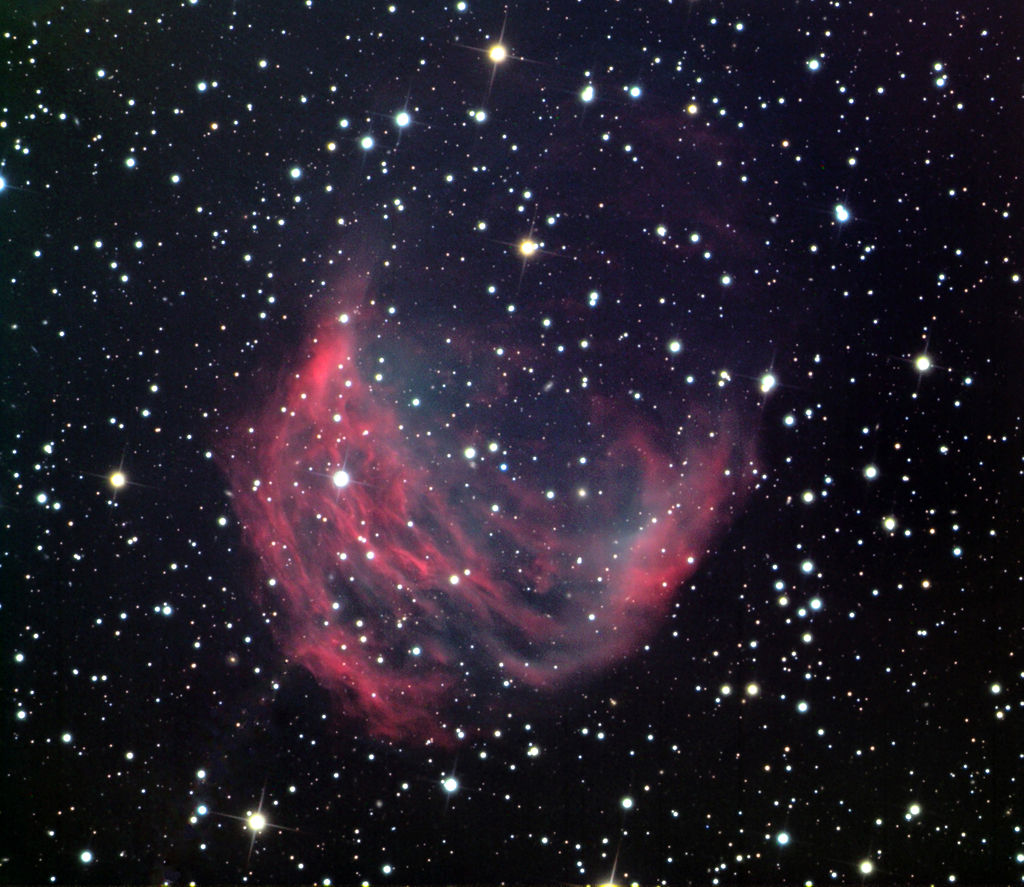
By Jschulman555 [CC-BY-3.0], via Wikimedia Commons